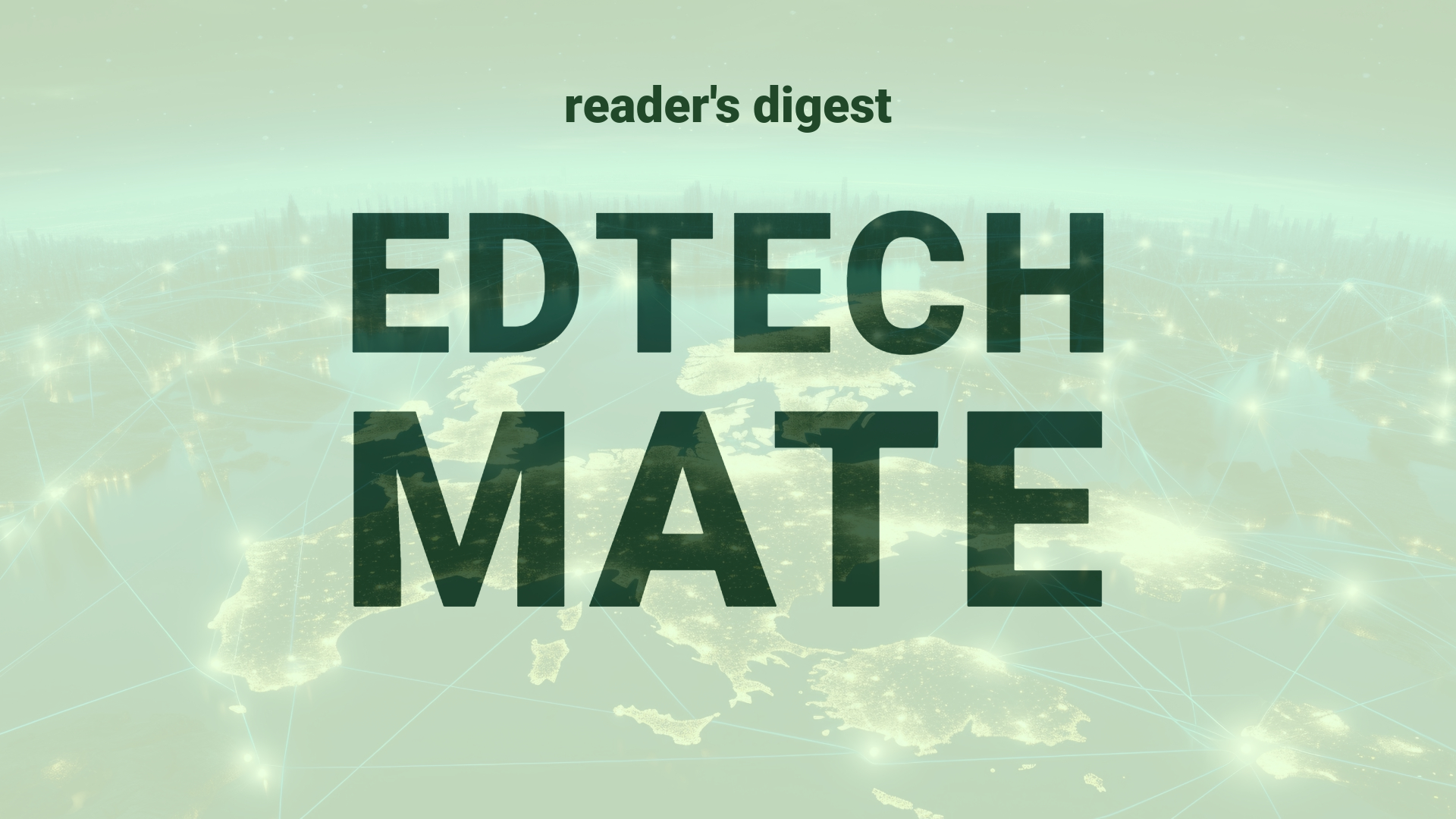Executive Summary and Main Points
As the manufacturing landscape rapidly evolves, a significant shift towards a digital-first business strategy is observed. According to the Digital Business Study 2023 by Foundry, an overwhelming majority (93%) of manufacturers are embracing or planning to embrace this transformation. This strategic pivot is propelled by the need to enhance cost efficiency, operational efficacy, continual innovation, and responding proactively to both enterprise and consumer expectations. The integration of Information and Communication Technology (ICT) in manufacturing is revolutionizing the industry, establishing digital technologies as a cornerstone for innovation, modern R&D, and the optimization of production and supply chains. Leaders in the industry, like Huawei, are advancing this revolution through the deployment of 5G, cloud computing, big data, and AI, to reconstruct industrial competitiveness and future-proof the sector.
Potential Impact in the Education Sector
The trends outlined above bear significant implications for Further Education, Higher Education, and the proliferation of Micro-credentials. Educational institutions are likely to seek strategic partnerships with tech companies like Huawei to revamp their digital infrastructure, ensuring students gain hands-on experience with cutting-edge ICT. This practical acquaintance will be fundamental in producing a workforce adept in the digitalized manufacturing landscape. Moreover, the shift towards digitalization invites a concurrent overhaul of pedagogical approaches, leveraging digital tools to facilitate remote learning, virtual labs, and AI-driven analytics. Higher Education can capitalize on this transition by offering specialized micro-credentials in ICT application within manufacturing, allowing professionals to upskill in tandem with evolving industry demands.
Potential Applicability in the Education Sector
Innovative applications within the education sector might include AI-driven research databases for academic R&D, cloud-based learning management systems to foster collaboration, and the implementation of IoT in campus management for sustainable facilities. High bandwidth and low latency networks can enable immersive learning experiences through AR/VR. Moreover, the rise of smart campuses can mirror industry trends, with education management systems harnessing data analytics to enhance campus operations and personalized learning experiences, hence readying students for the digitalized workforce.
Criticism and Potential Shortfalls
Despite the advantages, there are criticisms and potential downfalls to an aggressive digital-first approach. These include the risk of widening the digital divide, data security concerns, and the potential for job displacement. Real-world case studies show that rapid transformation without comprehensive strategy can lead to implementation challenges and skill gaps. For instance, the variation in digital maturity across global education institutions may exacerbate inequality. Ethical considerations, such as data privacy for students and staff, and the cultural context of technology use in classrooms, also need careful navigation to ensure equitable and respectful integration of digital solutions.
Actionable Recommendations
Education leadership should consider the following strategies for technology integration: Establish strategic partnerships with ICT leaders to co-develop curricula that reflect digital trends in manufacturing; Invest in campus network infrastructure upgrades to facilitate the adoption of IoT, big data, and AI-enhanced systems; Introduce micro-credential programs focused on digital competencies required in manufacturing; Encourage faculty upskilling through professional development initiatives in digital tools; and Introduce ethical data governance policies to navigate privacy, security, and equity challenges associated with digitalization. Proactive engagement with these areas will help align educational offerings with the demands of a technologically dynamic manufacturing sector, and nurture a future-ready workforce.
Source article: https://www.cio.com/article/2074711/an-intelligent-future-for-manufacturing.html

